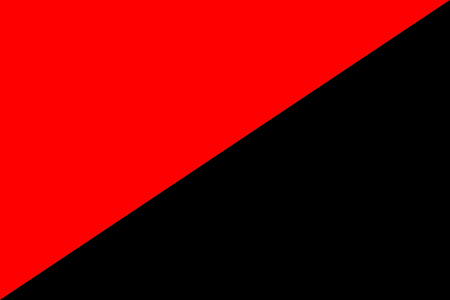
Last year, a contamination crisis swept over Chicago's recycling program as the city pushed to keep plastic bags out of the blue bins. Despite efforts to combat this issue through various pilot programs, the city is still falling behind and will soon turn to a tried and true tactic: "oops" stickers. For 25 years, Boise, ID has used some form of a tag on waste bins to notify residents if there's a problem with the refuse they've set out. Today, the city usually uses "sorry" tags for trash and "oops" tags for recycling. Waste Dive spoke with Catherine Chertudi, environmental programs manager at Boise Public Works, about the city's tag program, its successes and any advice the Idaho capital has for Chi-Town. The following interview has been edited for brevity and clarity. WASTE DIVE: So what’s the current situation? CATHERINE CHERTUDI: We have Republic Services as our franchised waste hauler. As part of their contract, the drivers are supposed to identify improper set-outs for trash, recycling or composting. When the driver arrives at a location, let’s say on the trash bin that's improperly loaded, there’s a list of items and the driver circles it, they put the address, their route number, their name and the date and they leave that there, with the cart. It’s a two-part form, so the customer gets the original and the driver takes it back. Incidents have to be recorded by the supervisors of how many customers are tagged each month. That way we can track, "What’s the most common issue that we’ve had this month? And can we do a better job with public education and outreach?" How’s that changed from when it started in the 1990s? CHERTUDI: The list was a little longer and it was a little more complicated on the issues. In 2009 when we went to an automated system, we shortened it and we focused on the most critical issues. There’s still, on each form, an "other," so that the driver can fill it in. But I’d say that’s probably the most important change is that we’ve continued to refine it so that we hit those common, frequent, most egregious issues that we continue to deal with. So it sounds like you’ve made things simpler. CHERTUDI: We've discovered over the years that we over-educate and then we lose our message. We live in a complicated world and we’re bombarded with information, so whatever we can do to simplify our language, simplify our information, it helps people understand and react and relate to it, so we’ve tried to keep it simple and clear. Not a lot of verbiage, and we show pictures as much as we can. The recycling card has photos and a description of the items. What kind of success have you seen? You said there’s a low contamination rate? CHERTUDI: When we used to ask customers to separate it out, we were at about a 70-75% participation rate, because a lot of folks didn't want to spend time to separate out the materials. On the other hand, our contamination rate was running at 4-6%, because folks who were participating wanted to participate. When we went to commingled recycling, our contamination levels did go up, but they’re still pretty darn good. They’re still low, less than 10% most of the time. But we also increased our participation rate. We’re pushing about 97% now and it’s a voluntary program. What advice would you give to cities, like Chicago, looking to do this sort of project? CHERTUDI: I would say focus on the most critical issues. It would be so easy to have a laundry list of things you want to tell customers, pick the top five things that are the most important to you with your notifications to the customers.
Rivne club "Legal universal education"
|










